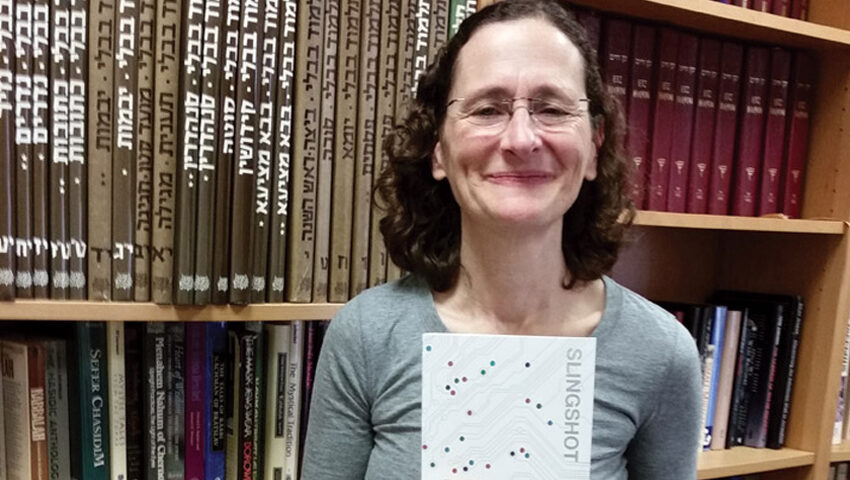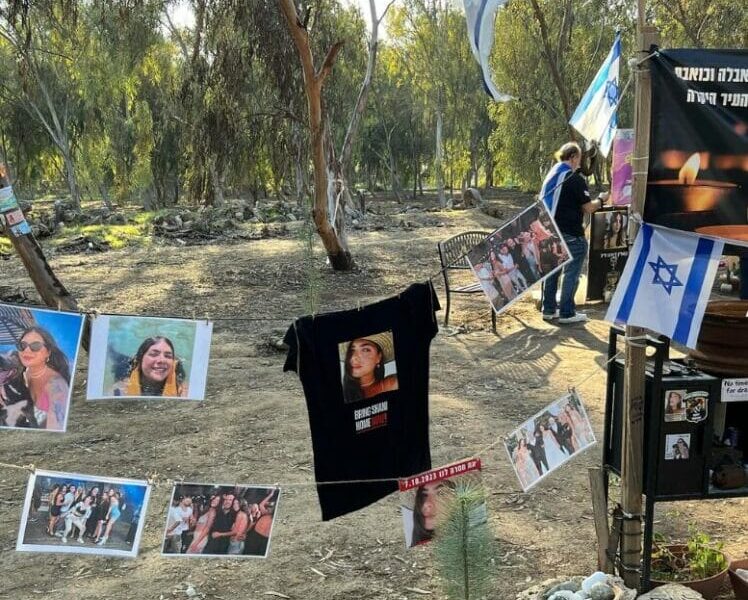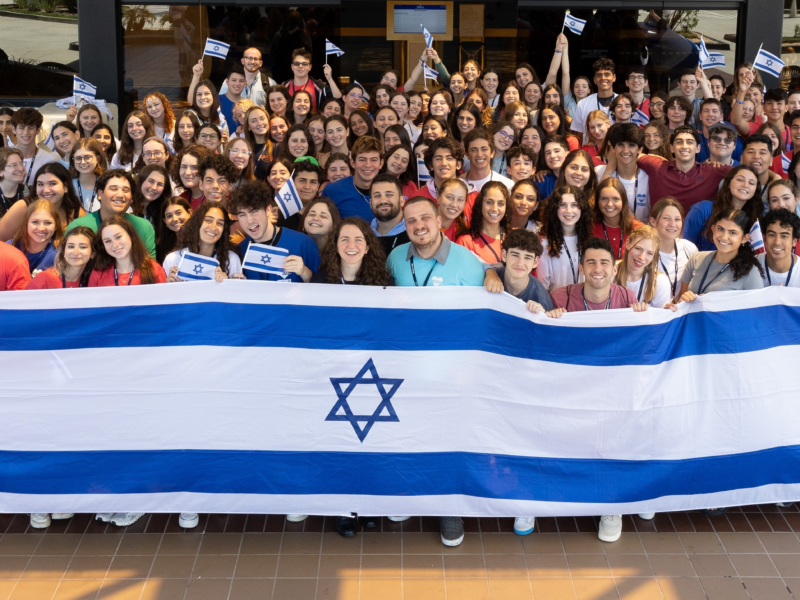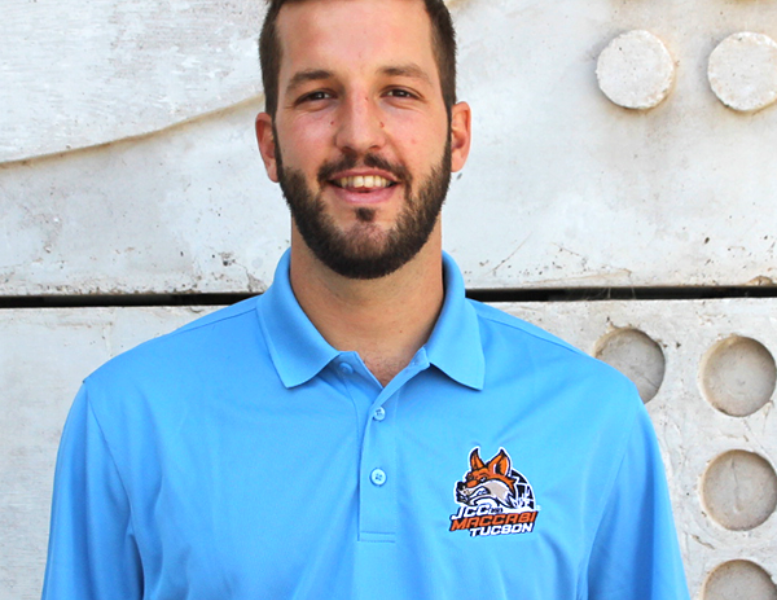Members of The Slingshot Fund evaluation team are on target when they aim a percentage of their annual allocations to benefit the Scottsdale-based Women’s Jewish Learning Center.
“Slingshot,” launched in 2003 by a cadre of young Jews preparing to become involved in their families’ philanthropic efforts, is a guidebook that each year highlights “the 50 most innovative nonprofits in North America.”
That definition is right on as relates to WJLC, the brainchild of Rabbi Elana Kanter. The center’s goal is to provide excellence in Jewish learning for women “to enhance individual growth and promote involvement in Jewish family and communal life.” This is the third consecutive year WJLC has been recognized in the guidebook, which is delivered to just about every Jewish institution in the United States. Being part of the Slingshot Fund offers members opportunities to connect with peers, explore Jewish interests, find causes that are meaningful to their own identities and experiences, and hone leadership skills.
More about the center later. But first: Rabbi Kanter’s back story.
Born and raised in the Boston area in a traditional Conservative Jewish home, she recalls a time when there were no female rabbis and no female participation in services and minyans. Even so, she became fluent in Hebrew and, as a student at Barnard College in the late ’70s, she regularly attended services at the Jewish Theological Seminary in Manhattan.
The role of women in Judaism was heating up at that point in time, she says, “with feminism at its core.” In 1984 she was one of 18 women to be admitted as a rabbinical student at JTS.
She met and married her husband, Rabbi Michael Wasserman, while in rabbinical school. “He was a few years ahead of me,” she says. “We met in a class where I was the only woman. It wasn’t hard for him to find me,” she adds with a smile.
She recalls the pleasure of leading services for classmates the very first day of school, “because I had been attending services on a regular basis and was a familiar face there.”
It was a time of breaking barriers, she says. “Everything was changing. Some professors didn’t know what to do with us (female students.) They were still working in old paradigms.”
Post-graduation the couple, with a growing family, sought out a community with a Conservative congregation and a Jewish high school. The Valley and the now defunct Jess Schwartz Jewish High School fit the bill.
Rabbi Wasserman served as spiritual leader of Beth El Congregation for two years while his wife, an ardent advocate for Jewish education, taught at the high school “from the day it opened to the day it closed.”
“We knew by then that we wanted to stay here,” Rabbi Kanter says. “And Michael and I had a shared vision of the kind of Jewish community we wanted to build – one with no membership dues – because one should have a place in a spiritual community. It’s not something you can buy.”
This is how the New Shul came into being: “An independent synagogue with a deep sense of community and a commitment to traditional, egalitarian worship, Jewish learning and community service.”
The couple are designated “co-rabbis” at The New Shul and comprise the total professional staff, but Rabbi Kanter maintains that “Michael is everything. He is in charge of the day-to-day stuff including pastoral challenges and dealing with issues of the physical plant. He runs the place.”
The New Shul is an independent synagogue as opposed to being officially identified in a denomination, Rabbi Kanter explains. “We are traditional but egalitarian, with full participation by women.”
The congregation functions with “a very intentional lean budget,” she says. “You are a member if you say you are. We don’t want to have to grow in order to survive.”
This unique set of circumstances has allowed Rabbi Kanter to focus full-time on the development and growth of the women’s learning center – which brings us back to the beginning.
From its inception, the highly regarded and nationally recognized center “has been a dream come true for me,” she says. She notes that women too often “find themselves underrepresented in leadership roles throughout the Jewish community, leading to a lack of strong female voices and valuable insights.”
Learning center participants enjoy classes on topics as diverse as Talmud and Jewish films. There are retreats, speakers (evening lectures are open to men), leadership training and much more. For a series on Women of the Torah and the Koran, a member of the Islamic Speakers’ Bureau took part in four class sessions.
“Sadly, it is difficult to get Muslim women to join us for such classes,” the rabbi says. “But maybe we’ll do sessions at a mosque.”
Always the optimist and the innovator, Rabbi Kantor’s impact on our Jewish community has been a valuable (sling)shot in the arm.






